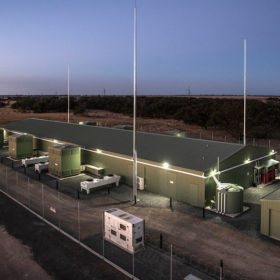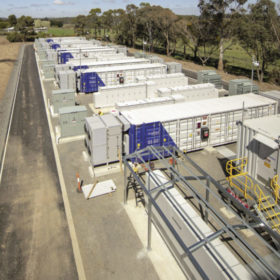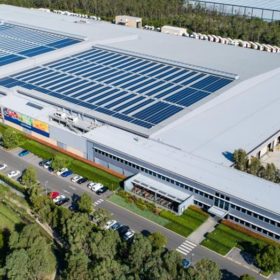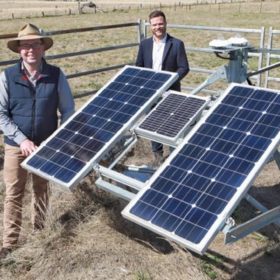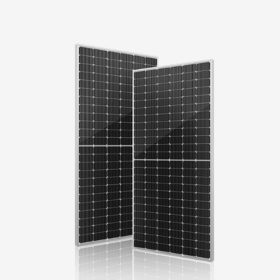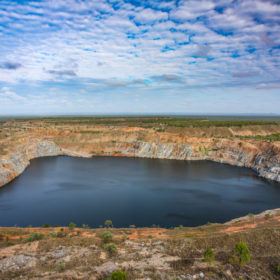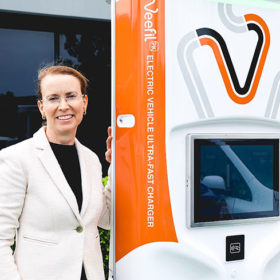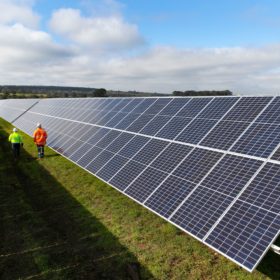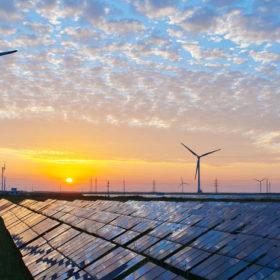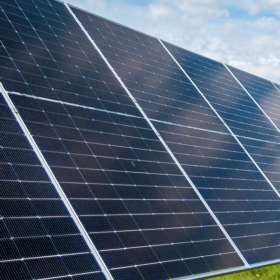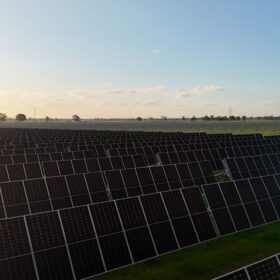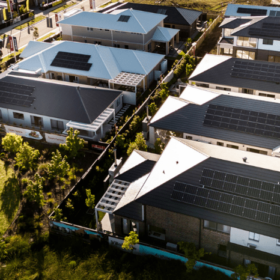AGL unveils multi-site gigawatt-scale battery storage plan
In addition to 330 MW of batteries already announced, Australia’s biggest power producer has unveiled a plan for another 850 MW of grid-scale storage, the bulk of which will be installed alongside its Liddell coal-fired power plant.
“Capacity deferral is the primary source of storage value”
Big batteries derive most their value from replacing gas peaker plants and averting the installation of excessive amounts of transmission and generation infrastructure. However, batteries cannot replace all gas plants, MIT researchers found. From a holistic economics perspective, there is a certain share of storage that is considered cost-efficient. With battery costs declining, that share is constantly increasing.
CEFC makes first industrial property investment as it seeks to unlock sector’s PV, battery potential
The Australian government’s green bank has announced its $50 million investment in the green strategy of one of Australia’s largest industrial and logistics funds managed by Charter Hall Group.
New England big battery awarded $12.5 million state government grant
The 50 MWh battery will be colocated with stage 1 of the UPC/AC Renewables’ 720 MW New England Solar Farm.
Battery manufacturing capacity set to increase fourfold to 1.3 TWh by 2030
Analysts at Wood Mackenzie have looked at plans for the incoming decade and concluded that about 119 manufacturing sites will be up and running by 2030. China currently sits firmly in the driving seat, with Asia Pacific comprising 80% of global manufacturing capacity, but Europe is catching up.
Seraphim signs 150 MW distribution agreement with Raystech
After signing a 50 MW supply deal in June, the Chinese PV module maker is readying to ship another 150 MW of its recently unveiled S3 series half-cell monocrystalline PERC modules to the Australian market and beyond.
Genex raises funding to fast-track Queensland battery project
After demand under the share placement significantly exceeded the company’s capacity, the Sydney-based developer has decided to undertake an additional share purchase plan to secure funding for the development of its 50 MW/75 MWh Como battery project in central Queensland.
Under the hood at Tritium, with CEO Jane Hunter
Since the launch of its first DC fast charger in 2014 Australian company Tritium has become a leading global supplier of EV refuelling infrastructure, with installations in more than 29 countries, a growing range of user-friendly small-footprint units and around 15% of the global market for 50kW fast chargers alone. Jane Hunter is proud to lead this poster child for Australia’s new advanced-manufacturing-led prosperity.
Fly me to the sun, Melbourne Airport’s record solar farm
As Covid-19 decimates the aviation industry, Melbourne Airport is set to make significant savings on its energy costs with the installation of a 12.4 MW solar farm, one of Australia’s largest behind-the-meter arrays, which will be able to power all four of the airport’s terminals.
CEFC to shift focus from renewables to grid, hydrogen projects
The Australian government’s green bank intends to move beyond solar and wind investment over the coming year and put its capital to work in the nascent green hydrogen industry and grid projects.
